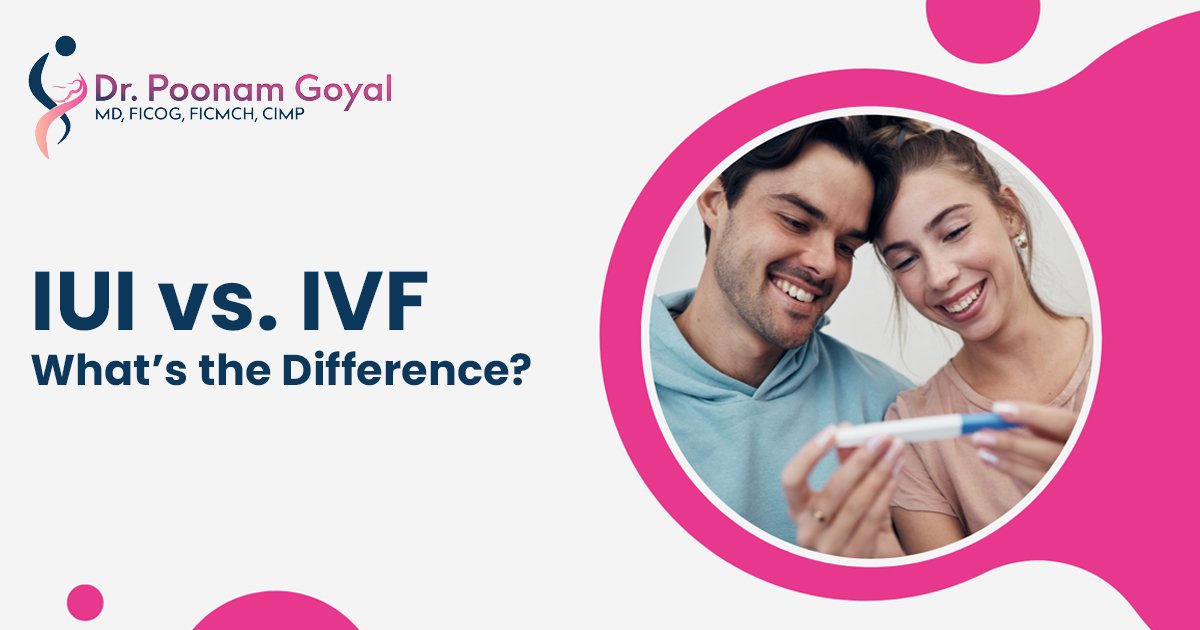
When facing fertility challenges, Intrauterine Insemination (IUI) and In Vitro Fertilisation (IVF) are two commonly recommended treatments that can help couples conceive. Both have their advantages, limitations, and ideal use cases. Deciding which is right for you depends on your medical history, age, and overall reproductive health. Whether you want to look for the best IUI centre in Delhi or advance care through an IVF centre in Delhi.
Intrauterine Insemination (IUI) is a less intrusive fertility treatment. It involves inserting washed and concentrated sperm directly into the uterus at the time of ovulation. This procedure maximizes the chances of sperm to reach the egg for natural fertilization. Who is IUI Suitable For?
IUI is typically recommended for:
The IUI process is relatively straightforward:
In Vitro Fertilisation (IVF) is a more complex fertility treatment. It involves obtaining eggs from a woman's ovaries, fertilizing them with sperm in a laboratory, and transferring the resulting embryo(s) into the uterus. Who is IVF Suitable For?
IVF is ideal for:
The IVF process involves several steps:
| Aspect | IUI | IVF |
|---|---|---|
| Procedure | Sperm is placed directly in the uterus. | Eggs are fertilised in a lab; embryo is transferred. |
| Cost | More affordable. | Higher cost due to advanced techniques. |
| Success Rates | 10-20% per cycle (age-dependent). | 40-60% per cycle (age-dependent). |
| Invasiveness | Minimally invasive. | Involves egg retrieval and hormone injections. |
| Ideal For | Mild infertility issues. | Complex infertility or failed IUI attempts. |
Choosing between IUI and IVF depends on several factors, including:
of parenthood.
Dr. Poonam Goyal is a popular fertility specialist in Delhi. She works for both IUI and IVF treatments. The success and her empathetic nature, in particular, have been helping more couples overcome the problems with infertility. So whether one needs to get in touch with the best IUI Centre in Delhi or an excellent facility at the IVF centre in Delhi, with a customized treatment plan in her hands, one finds the best outcome.
If you’re unsure which treatment is right for you, consulting a fertility expert like Dr. Poonam Goyal is essential. Her clinic offers state-of-the-art facilities, including advanced diagnostics and tailored treatment plans, to address both mild and complex infertility challenges.
Both IUI and IVF are effective fertility treatments, but the right choice will depend on your unique circumstances. While IUI is less invasive and cost-effective for those with mild infertility, IVF offers higher success rates for complex cases.
For couples in Delhi, clinics like those led by Dr. Poonam Goyal provide access to both the best IUI centre in Delhi and advanced IVF centres in Delhi, ensuring comprehensive care and support. Take the first step today, and let expert guidance lead you closer to your dream of parenthood.